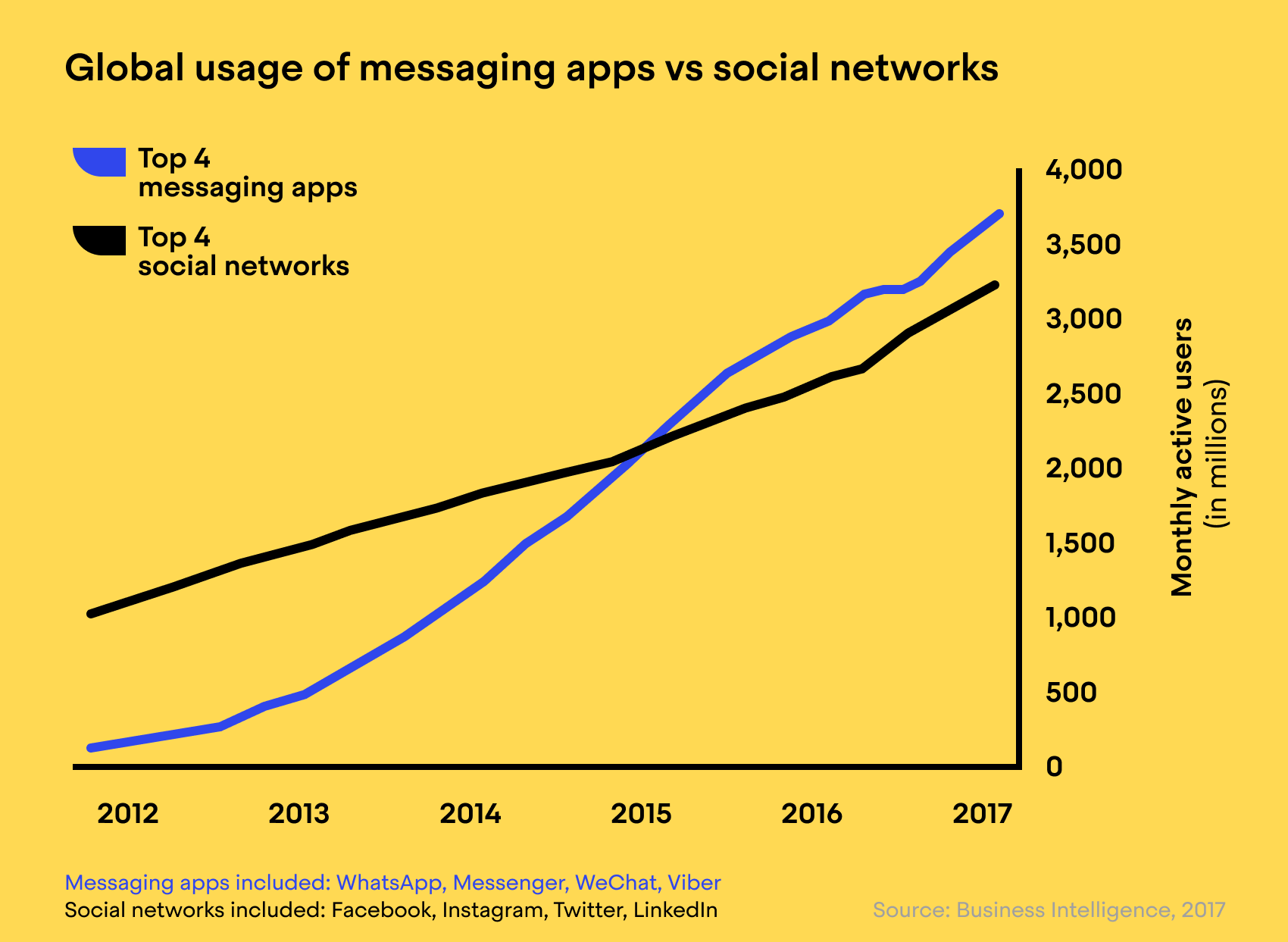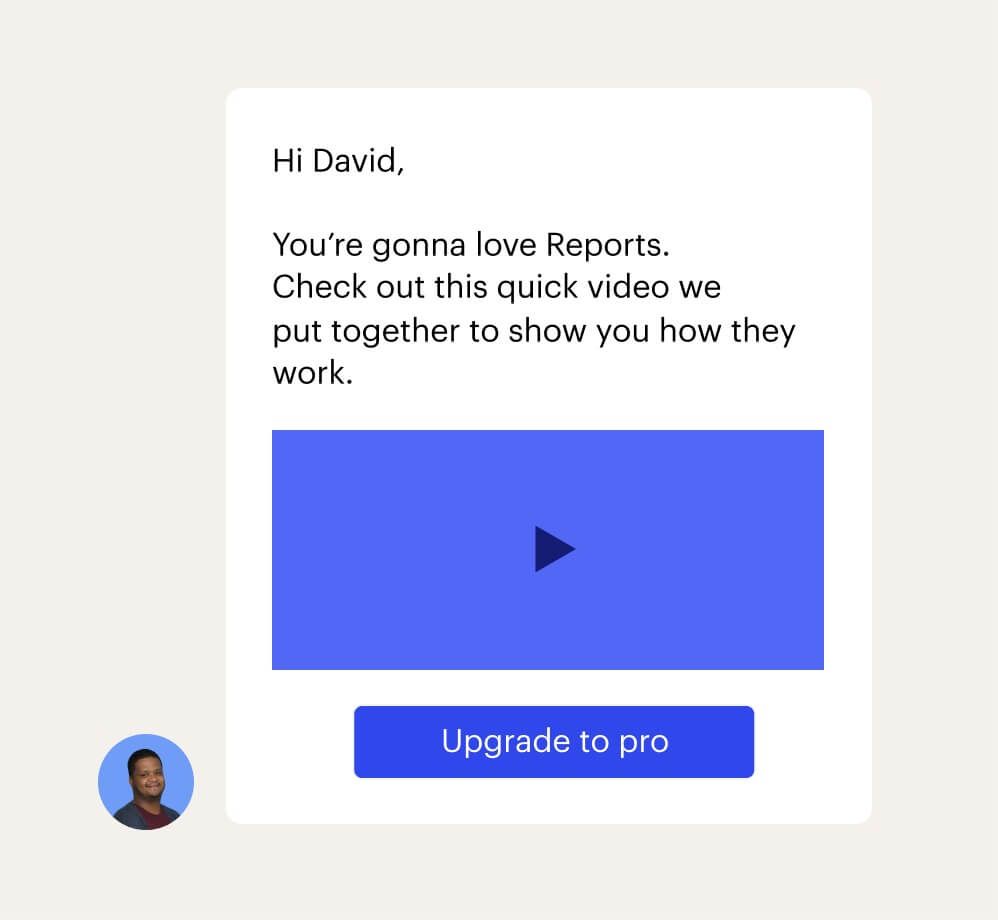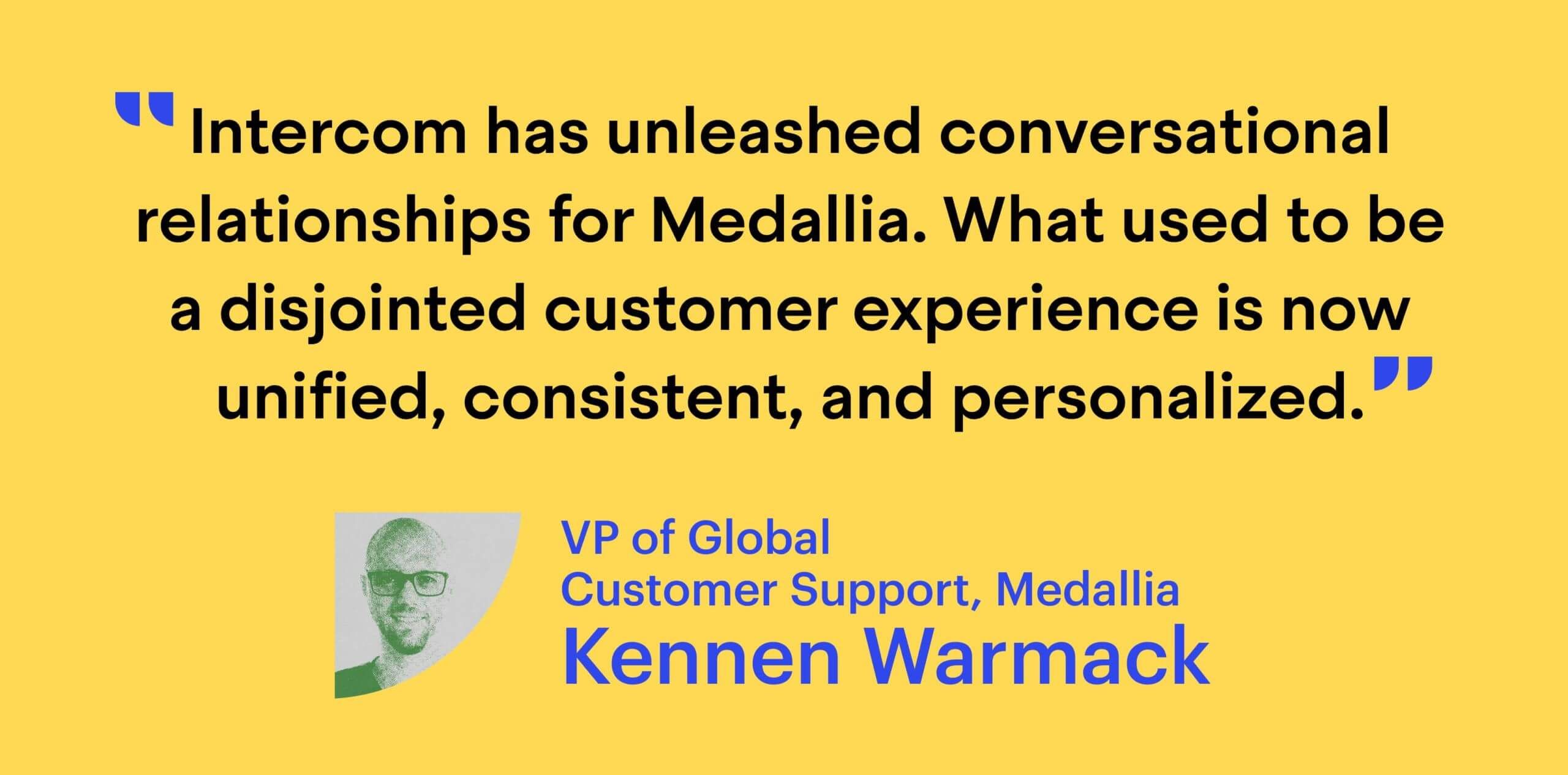
Your next wave of growth will come from conversational relationships
Main illustration: Jason Yim
No one ever starts a business intending to provide a poor customer experience. But until recently, technological limitations meant that we, as business leaders, faced an impossible choice as our companies grew. Either stay personal with customers or get efficient.
Staying personal meant offering expensive services that aren’t scalable like 1:1 phone calls or 24/7 real-time chat. Efficiency meant deflecting customer interactions through impersonal forms and “do not reply” emails.
Monumental shifts in customer expectations over the last few years mean we can no longer choose between personal experiences and efficiency. Customers now expect both. They want fast and personal experiences from all brands, big and small. From a 2018 Salesforce survey, 80% percent of customers say that the experience a company provides is as important as its products or services; 57% have stopped buying from a company because a competitor provided a better experience.
Companies who fail to meet these new, higher expectations will lose many of their best customers – something no business can afford to do.
“Monumental shifts in customer expectations mean we can no longer choose between personal experiences and efficiency”
I joined Intercom three years ago because I saw how our business messenger gave companies a way out of this dilemma. The messenger helps companies create a conversational customer experience that stays personal and efficient even as their business grows. In turn customers are rewarding these businesses by buying more, staying loyal, and recommending their solutions to others.
The move towards building customer relationships in this way is gaining such incredible momentum that we’ve given it a new name here at Intercom. We’re calling it “conversational relationships.” Conversational relationships are not just for companies who are early adopters. In a world where customers can readily switch brands, all companies need to invest in customer relationships and the best way to do that is to shift to conversational relationships. It’s a must have, a matter of survival. If you don’t, your competitors will and many already are. Let me explain why.
Customers expect conversational experiences
The number one reason why companies need to adopt a conversational approach is simple: customers expect it. 80% of consumers are more likely to do business with a company that offers a personal experience, something made much more possible with a messenger.
Think about the last time you connected with a friend – it was most likely through a text or other messaging apps, especially during this time of social distancing. These apps make communication feel friendly, quick, easy, and even fun.

As messaging apps become dominant in our everyday work and home lives, it makes sense that they’re changing the way businesses and their customers interact. According to Nielsen research, people increasingly expect to interact with brands through messengers. 53% of people say they are more likely to shop with a business they can contact through a chat app.
Emails and forms won’t do. Messengers are the obvious choice for businesses looking to deliver personal and conversational customer experiences.
Business messengers are built for scale
Not only do businesses need to invest in conversational customer experiences, but they also need ways to make those experiences scalable. As they grow, staying personal with customers is critical, but it’s unrealistic and too expensive for most companies to have as many employees as customers just to keep up.
Business messengers make scale possible by enabling conversational experiences that don’t require human-to-human interactions at all times. They use self-service, bots, and automation to instantly answer customers’ common questions and provide support when your team is busy or out of the office.
Although you’re not chatting with a human, these experiences still feel personal because they’re fast and relevant. Oftentimes when customers reach out for information or help, they don’t care if the answer comes from a human or from a virtual assistant like a bot. What’s more important to them is that the answer resolves their question accurately and quickly, with as little effort on their part as possible.
Intercom’s Resolution Bot can automatically resolve up to 33% of common questions
What’s more, sophisticated bots can take on more than just common questions. They can drive key customer action, like booking demos and making purchases. Bots hooked up to your customer data can even anticipate issues and proactively offer support before the customer writes in, as well as personalize their responses. It’s this kind of interaction that makes your customer experience feel magical – and personal.
Conversational isn’t just for support
In a crowded market, great experiences play an increasingly pivotal role in catching customers’ attention and differentiating you from competitors. That experience starts with the very first impression people receive when they land on your site and gets reinforced with each subsequent interaction. So every touchpoint in your customer journey – from acquisition to onboarding and support – needs to feel personal and connected.
“Connect 1:1 with your prospects and customers during high stakes moments. For all other times, use bots and other self-service tools to quickly get customers the answers they’re looking for”
Messengers create that seamless experience because they provide a single place on your website and inside your app or product for people to connect with your team. They can be used in three key ways:
1. Conversational marketing
Greet new visitors with a friendly message when they arrive on your website, just like you would with a friend at your door. Let them know your team is just a click away if they have questions. Offer high-intent buyers a direct line to your sales team. All of this can be fully automated so you can rest easy knowing the right prospects will always be routed at the right time to your team.
Use conversational marketing to drive key actions
2. Conversational customer engagement
In your web or mobile app, trigger onboarding messages and guided tours based on the actions users take or don’t take, to ensure they get the most out of your product. Send proactive messages sharing new features or resources tailored to their use case. Give users an easy way to start conversations with your team if they get stuck. Again, you can start fully automated here and only bring in human touch if or when needed.

Use conversational engagement to send targeted messages
3. Conversational support
Through it all, give customers the reassurance that you’re there for them if issues come up. Send proactive support messages that anticipate issues and reduce inbound conversations. You can also offer convenient self-service resources through the messenger to address common questions. For more complicated questions, route them to your team, who can use contextual data to jump right into troubleshooting.
Use conversational support to layer proactive, self-serve, and human support
This is how messengers help you provide a consistently personal – and efficient – experience across the entire customer journey. Connect 1:1 with your prospects and customers during high stakes moments. For all other times, use bots and other self-service tools to quickly get customers the answers they’re looking for, while keeping them in the same conversational experience.
Messengers go way beyond live chat
Maybe you think you’re already offering conversational relationships because you use live chat software. I want to make one thing clear: a basic live chat tool is not helping you deliver conversational experiences at the quality and the scale you need. You need a business messenger.
If you’re using a basic live chat tool today, that’s like pulling out a flip phone in a room full of people with iPhones. Sure, it’s a phone and you can make a call with it, but that’s about all it can do. Live chat tools require your team to be available the minute someone starts a chat, placing a huge burden on your business.
“If you’re using a basic live chat tool today, that’s like pulling out a flip phone in a room full of people with iPhones”
These chats are also often session-based, which means teams can’t see past conversations that customers have had with others in the company. Every time they engage in a new chat, it’s like they’re meeting the customer for the first time, even if the customer’s been around for years. Finally, live chat is often limited to text, which seems so expressionless in our rich world of emojis and GIFs. So even though live chat tools are more conversational than email, they can’t scale and they do little to improve the customer experience.
Just like how the iPhone revolutionized what people could do with a phone, the business messenger transforms how you engage with your customers. With a range of messaging channels (including email, SMS, push messaging, and more), asynchronous conversation features, app integrations, and hooks to customer data to target and tailor your communication, messengers provide much richer and deeper experiences that you’re able to offer at scale.
This combination of personal relationships and efficiency generates real business growth. Our customers’ results speak for themselves:
- Games engine Unity saw a 45% lift in visitor-to-paid conversion in the first year of adopting Intercom.
- Database platform MongoDB is saving over 3,600 hours for their customers monthly through the use of Intercom’s chatbots.
- UK utilities provider Scottish Power decreased its cost of support by over 74% after switching their phone support to chat support powered by Intercom.
Bottom line, businesses who don’t move towards conversational experiences through a messenger are missing out on significant growth.
You need a Customer Communications Platform
Conversational relationships is the approach of building and scaling personalized customer experiences through messengers. Over 25,000+ businesses use Intercom’s Messenger today to build conversational relationships. They’re achieving the Holy Grail: exceeding customer expectations, optimizing team efficiency, and accelerating business growth.
Intercom is the world’s first Customer Communications Platform. Our solutions enable you to deliver personalized messenger-based experiences at every stage of the customer journey.
With critical relationships and revenue on the line, companies can no longer afford to let their customer experiences stay stagnant, powered by email, forms, and other 10- or 20-year-old ways of working. Conversational relationships are how modern businesses differentiate their brand and accelerate growth going forward. The time to move to conversational relationships is now.






